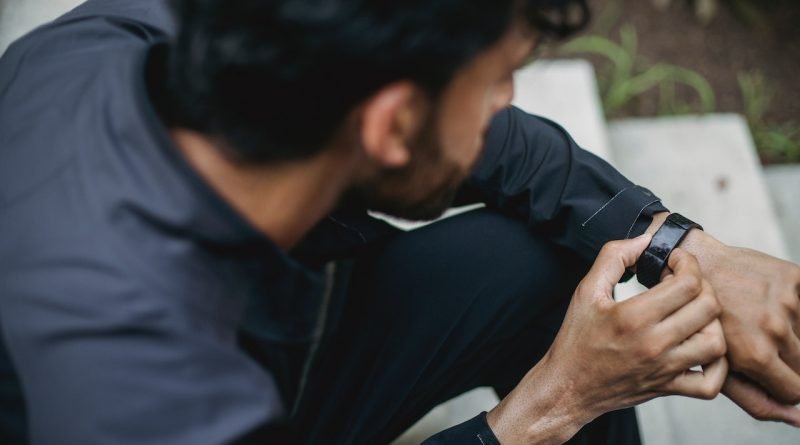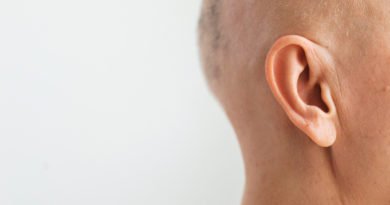Who Invented Medical Alert Devices?
Wilhelm Hormann is a German inventor who created the first medical alert device in the 1970s. He was a mechanical engineer and had worked in home safety for years before medical devices.
Hormann was trying to find a way to help his father, who was in his 80s and living alone. He wanted to create something that would allow his father to call for help without leaving his bed.
He settled on the idea of combining a telephone with an alarm system. It would dial for help when triggered. This device could assist anyone else with a chronic condition who might not be able to get up or reach a phone in time.
The first models of this device were basic. They had easy-to-use buttons for individuals with disabilities or seniors who needed help. These buttons allowed users to communicate with those outside their homes.
How Have Medical Alert Devices Evolved?
Medical alert devices have evolved over the years. They are now much more reliable than before. Newer medical alert devices offer many features that can help seniors who may be living alone.
Some of the most popular features of modern medical alert devices include:
- Two-way voice communication: This allows the user to speak to a live operator at any time, day or night.
- GPS tracking: This can be helpful if the user becomes lost or disoriented.
- Fall detection: This feature can automatically call for help if the device detects the user has fallen.
- Waterproof casing: You can wear many modern devices in the shower or bath.
Benefits of Using a Medical Alert Device?
A medical alert device has many benefits, especially for seniors. Here are some key benefits:
- Safety: Medical alert devices can help seniors stay safe, especially if they live alone. In a fall or other emergency, the device can immediately summon help.
- Peace of mind: Medical alert devices can provide peace of mind for family members. Patients can get help in the event of an emergency.
- Independence: For seniors, having a medical alert device can mean maintaining independence. They can continue to live without relying on others for help.
- Enhanced quality of life: Medical alert devices can improve the quality of life for seniors. They give them the peace of mind and security they need to live their life to the fullest.
- Affordability: Medical alert devices are very affordable compared to long-term care costs.
Types of Medical Alert Devices Available
One type of medical alert device is a pendant alarm. Patients wear them around the neck or waistband. It has a button that activates the alarm and notifies the designated caregiver.
Several options exist for this type of device, including one with GPS capabilities. They let emergency responders know where you are when they arrive at your location.
Another option is a wristband alarm, worn around your wrist like a watch or bracelet. You can also wear it on your ankle. Some of them offer GPS capabilities as well.
Wearable technology like a smartwatch with integrated health monitoring is also popular. It has features such as heart rate monitoring and sleep tracking software built in. These features allow users to track their activity levels over time.
A home healthcare alert system is another option. A patient with trouble getting around, getting out of bed, or off the toilet installs it in their home. The system includes sensors that track when someone falls and calls for help. It also has buttons that allow patients to call for help themselves if they need it.
A fall monitor system also helps. It detects when someone falls and alerts emergency services immediately. This allows paramedics to arrive before significant injury occurs.
Choosing the Right Medical Alert Device
Choosing a medical alert device can be a confusing and difficult process. Many options are available. Patients should pick one to help them get the care they need in an emergency.
Determine whether you need a medical alert device. If you have a chronic condition or serious illness, you may need one. If you live alone with limited mobility, a medical alert system will help. The system also helps if you cannot otherwise communicate during an emergency.
Most systems offer significant coverage both indoors and outdoors. If there are areas where coverage is poor in your home, look at systems with longer ranges if necessary.
Some medical alert devices are very cheap and don’t last very long. Others cost more but last for years.
A few medical alert devices might need a monthly fee for service. If your situation is only temporary, this may not be necessary. If you have chronic health conditions, have someone check in.
Where To Buy a Medical Pendant Necklace
Medical alert devices have been around for decades. They have helped patients who don’t live alone or would like some independence. Get your medical pendant necklace from a trusted source to enjoy worry-free independence.




